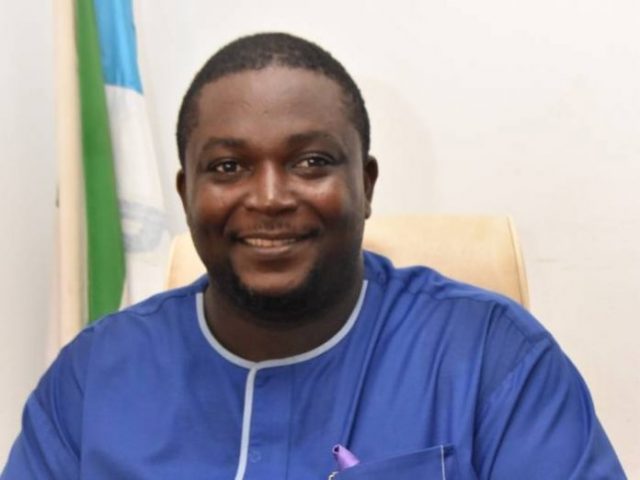The National Agency for the Control of AIDS (NACA) says about 1,090,233 people are receiving anti-retroviral drugs in Nigeria as at June this year.
The Acting Director, Research, Monitoring and Evaluation of NACA, Dr Gregoary Ashefor, made the revelation in an interview on Thursday in Lagos.
He spoke on the sidelines of a workshop organised by the Federal Ministry of Health, NACA and the Globa Fund, an international financing group.
The theme of the three-day workshop is: “Prioritisation of National Health Management Information System, Procurement and Supply Management and Laboratory Systems’ Interventions in the Resilient and Sustainable System for Health (RSSH) Propsal and Partners Mapping of Global Fund Support in Nigeria”.
Ashefor said that the U.S. President’s Emergency Plans for AIDS Relief, was responsible for about 75 to 80 per cent of the treatment while the Global Fund was responsible for about 20 per cent. “We have other initiatives like the AIDS Healthcare Foundation.
They are responsible for about seven or eight per cent.” The acting director said that the Federal Government was planning to include an additional 50,000 people from Taraba and Abia to receive treatment.
SEC allays fears on market performance ahead of general election According to him, about 76,000 people are currently on treatment in Taraba and Abia for which the government is solely responsible for. “The government has a scale-up plan, called fast-track plan to actually put more people on drugs. “There are other interventions going on.
The partners are also doing test and treatment in collaboration with the government. Ashefor said, however, that there was still a huge gap in terms of data management. “How do we improve reporting? There are some data we are not capturing.
The figures could be more than this. “We are not capturing the initiatives and data from the private sector, hence a big gap in the data management system. “Efforts are on to engage the private sector, so that we will know what they are doing. We want to ensure standards and we also want data.
“There are other interventions. For example, Global Fund is ready to support the RSSH, which is a way of promoting ownership and sustainablity because one day partners will go and government will be left with all the patients. “We are about to develop a sustainable plan.
The government wants to own it, drive the process and make sure it is on top of everything,” he said. (NAN)
-NIGERIAN HORN-




2 Comments